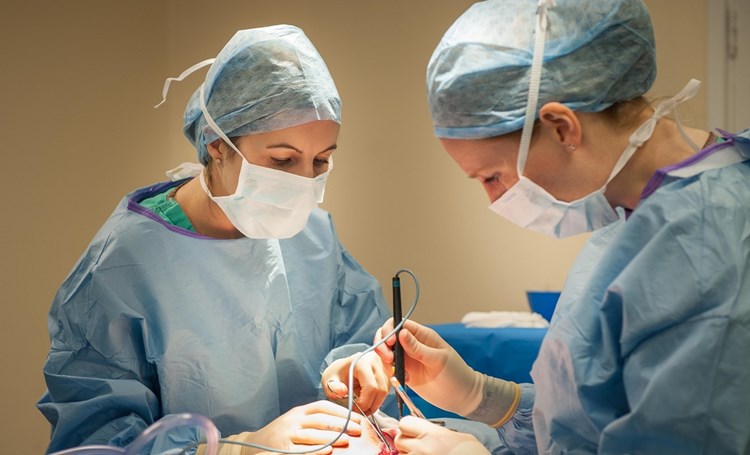
Key Information
CPD Hours: 16 hours
Course Length: Four weeks
Course Format: A mixture of weekly webinars (which can be viewed live and/or as recorded versions throughout the course), videos, self-assessment, quizzes, case studies, and tutor-moderated online discussion forums
Enrol Now
Alternatively you can download and email using our Registration Form
Course Information
- Putting your best foot forward – how to prepare for surgery and tips for neutering
- Maximising your exploratory laparotomy – avoid the “peak and shriek!”
- Principles of gastrointestinal surgery and management of intestinal foreign bodies
- Help, it’s my first GDV case – what do I do?
Would you like to improve your surgical skills and improve your confidence in the operating theatre?
During this course, participants will review surgical principles and step-by-step guides to performing surgeries commonly encountered in first opinion practice. Techniques to improve surgical skills and optimise the outcome for your patients will be discussed.
Why do this course?
The course will provide you with a solid foundation to review, consolidate and update your knowledge of surgical principles and commonly performed techniques, including neutering, exploratory laparotomy and commonly performed abdominal surgeries.
The webinars will run on the following dates from 12.30pm to 2.30pm London time:
Tuesday 22nd September
Tuesday 29th September
Tuesday 6th October
Tuesday 13th October
Nicola Kulendra, BVetMed MVetMed CertVDI PCertVetEd DipECVS FHEA FRCVS
Consultant surgeon,
North Downs Specialist Referrals
Vicky Lipscomb, MA VetMB CertSAS DipECVS FHEA MRCVS
Professor of Small Animal Surgery
The Royal Veterinary College
Relevant CPD courses you may find of interest
Laparoscopic surgery for small animal vets
Abdominal surgery – the essentials
Breathe easy - managing BOAS patients
Surgical procedures of the head and neck
Webinar Plus: A coaching approach to line management and leadership in the veterinary workplace
Webinar Plus: Master how to thrive (not just survive) in veterinary practice

